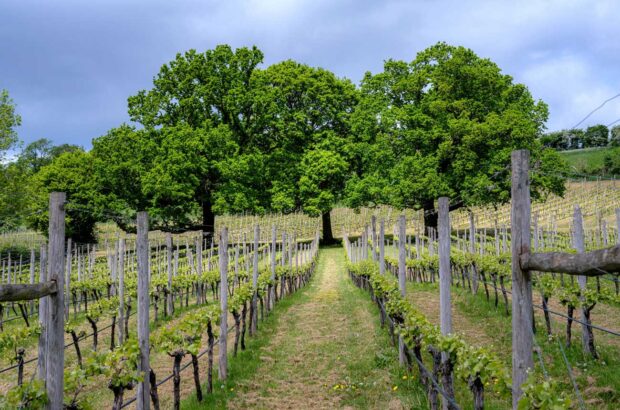As the 2022 harvest in New Zealand gathers pace, increasing production costs and the on-going effects of the pandemic on border restrictions, markets, and supply chains have continued to impact the industry. Over the past 12 months the availability of labour has been a ‘huge concern’ for many growers and wineries, according to New Zealand Winegrowers.
‘The introduction of Omicron into the New Zealand community on the cusp of vintage 2022 is a very serious concern for growers and wineries, as this is our busiest time of year, and we are already facing a critical labour shortage in some regions,’ said CEO Philip Gregan.
He added: ‘The unavailability of skilled workers due to the ongoing closure of New Zealand’s borders means undoubtedly this vintage will be more difficult to manage than normal.’
Wine businesses that sell predominantly through the on-trade and tourism sectors also continue to experience significant setbacks, added Gregan: ‘Domestically, red light restrictions on operations of hospitality businesses are a major challenge for wineries dependent on that sector.
‘Cellar doors have been hit hard by the collapse in international tourist numbers over the past two years. Positively, we have seen more New Zealanders visiting cellar doors, but there are long, lean periods as we move out of the traditional Kiwi holiday period.’
On a hopeful note, although the coming vintage is expected to be challenging, the experience of operating harvest during Covid [in both 2020 and 2021] has ‘strengthened the industry in its resilience to respond quickly and adapt during difficult times’, Gregan said.
‘Over the past two years, wineries and growers have proven that they can manage the threat of Covid well, continue to operate effectively, and adapt processes to ensure they protect workers and other New Zealanders.’
Gregan also reiterated the ‘exceptional quality’ of the 2021 harvest which however, as widely reported, was 19% smaller than the previous year.
New Zealand wine sales for 2021 were 324 million litres, meaning they were 48 million litres more than was actually produced in the 2021 vintage.
Over the past 12 months this has forced wineries to draw down on stocks to maintain their place in international markets.
‘This stock drawdown highlights that we desperately need a bigger harvest in 2022, to replenish cellars, and help satisfy international demand,’ said Gregan,
‘Over the past 12 months many New Zealand wineries have faced tough decisions over who they can supply in their key markets, and the ongoing increase in international demand has placed huge strain on already depleted stocks. For some wineries, there has been quite simply just not enough wine to go around.’
New Zealand wine exports for 2021 were $1.95bn, down just 3% on 2020 despite the 19% fall in production from the 2021 harvest.







